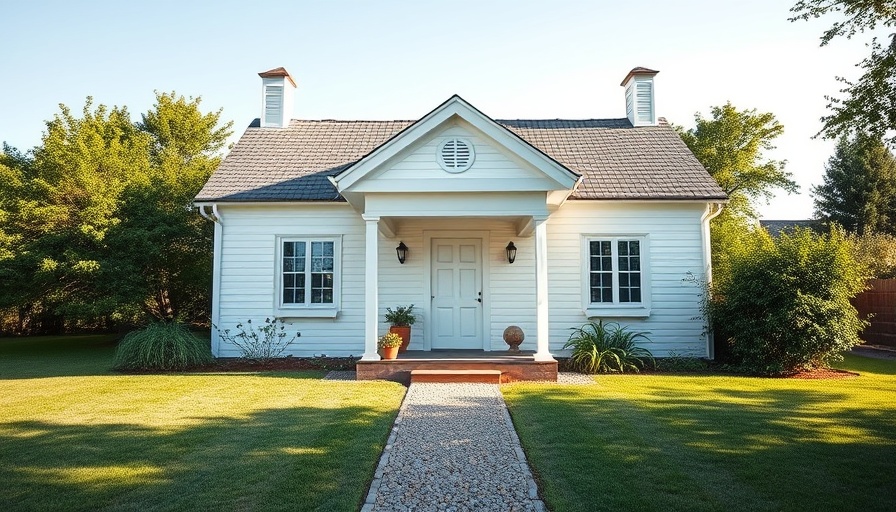
Understanding the Income Needed for a $200,000 Home
As home prices continue to shift across the United States, many potential buyers are left asking: what is the income needed for a $200,000 house? With varying interest rates, down payment requirements, and personal financial situations, determining this figure can be quite complex. However, the short answer is most buyers should aim to earn anywhere between $50,000 and $65,000 annually to afford such a home comfortably.
Factors Affecting Affordability
The income you need to qualify for a mortgage on a $200,000 home largely depends on several key factors, including your debt load, credit score, and where you’re purchasing the home. For example, urban areas might have higher property taxes and insurance rates compared to rural counterparts, which directly affects your monthly costs. The general rule of thumb suggests that monthly housing costs, which include mortgage payments, property taxes, homeowners insurance, and potential HOA fees, should not exceed 28% to 31% of your gross monthly income.
A Look at Monthly Payments
Using our example scenario, let's break down the monthly payments associated with buying a $200,000 home. Assuming a 20% down payment of $40,000, with a loan of $160,000 at a 7% interest rate over 30 years, the estimated monthly payment comes out to about $1,261. This includes approximately $1,065 for principal and interest, $150 for taxes, and $46 for insurance. In this case, you'd need an annual income of roughly $54,000 to remain within these suggested housing cost limits.
Region-Specific Considerations
Buying a home in a state like California versus Kansas can make a substantial difference in your required income. For instance, in places with high property costs and taxes like Los Angeles, you may find that the income needed to support a mortgage for a similarly priced house can significantly increase. On the other hand, states with lower living expenses can leave you with a much more manageable financial requirement. Thus, it's vital for buyers to understand local market dynamics.
The Importance of a Good Credit Score
Your credit score plays a critical role in determining the interest rates available to you, which directly impacts your monthly mortgage payments. Higher credit scores typically yield lower interest rates, meaning you could afford a more expensive home with the same income. Aspiring homeowners should take steps to improve their credit rating by paying down debt, ensuring timely bill payments, and correcting any inaccuracies on their credit report.
Taking Control of Your Mortgage
To bolster your home-buying prospects, consider working with a knowledgeable realtor or financial advisor who can guide you through the process. Utilizing platforms like Zillow, Redfin, or Trulia can provide valuable resources in terms of current listings and market trends, offering insights into what properties are available within your budget. Many users find using a tool like a mortgage calculator immensely helpful in simulating different financial scenarios before making significant commitments.
Beyond the Basics: Making Shrewd Decisions
Homeownership offers immense benefits, not just as a place to live but also as a long-term investment. Therefore, buyers should weigh the opportunities to purchase investment properties, which may differ in financing needs. Understanding real estate nuances, such as flipping houses or rental income, can lead to even greater financial freedom.
Final Thoughts: Are You Ready to Become a Homeowner?
If you're evaluating your readiness to buy a $200,000 house, remember to analyze your income, debts, credit, and local market or economic conditions. Knowing the financial landscape and the expectations of lenders will not only prepare you for homeownership but can offer peace of mind when making one of life's most significant investments. To start your journey wisely, consider reaching out to a professional real estate agent who can assist you in navigating the complexities of property buying.
 Add Row
Add Row  Add
Add 




 Add Row
Add Row  Add
Add 

Write A Comment